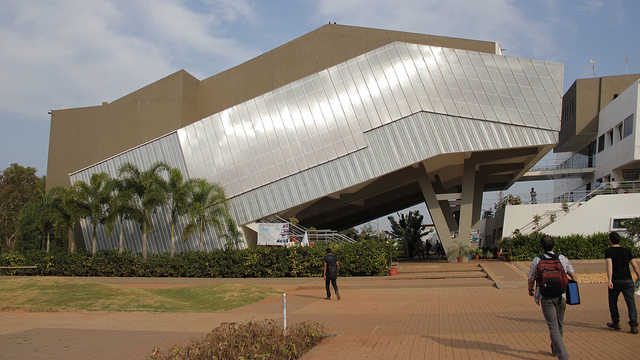The Sandbox Model- Where Replication is Key to Success

The Hubli Sandbox has set an example for the efficacy of the bottom-up approach as a sure shot way to achieve progress and development in underserved communities in rural India. The Sandbox model of building socio-economic development through organic, progressive approach, is one that is anchored on replication as key to success.
Replication emerges as a crucial characteristic of the Sandbox in many respects. To start with, many of the Sandbox programs — such as the Deshpande Startups, Grantmaking and Partnerships, Agriculture, LEAD, as well as the health initiatives — work to validate novel ideas in a compact geography before they are replicated elsewhere to serve similar contexts. In Deshpande Startups, for example, some of the incubatees of the program such as Freshboxx (the on-demand online vegetable seller), established the business model in the Sandbox area before moving to newer markets through retail tie-ups. Another example is Safehands 24×7, the all-woman security and housekeeping agency which, during its nascent stages, built its first customer base in Hubballi, prior to targeting clients in larger cities.

Though not with direct connotations, the other programs of the Sandbox are conceived as replicable ideas proving their merit in Sandbox soil, and open to adaptations to serve rural contexts elsewhere. Take, for instance, the Grantmaking and Partnerships Program: the Sandbox team works with partners to use proximate communities and regions as testing grounds, where new ideas can be executed, validated for impact and expanded based on the prototype created.
Why is replication so intrinsic to the Sandbox model? While it is obvious that replication broadens impact, there are other operational benefits that it brings to the table. Having a proof-of-concept model enables stakeholders to do away with the demanding drill of validating and experimenting with ideas in new settings and eases the teething troubles of early growth in many ways. Replication of validated models, with context-specific adaptations, if needed, can lead to quicker turnarounds. On the whole, replicability builds credibility and economic viability to a business model.
Interestingly, the Foundation conceived the Hubli Sandbox itself as an idea that can be reproduced across India. Two Sandboxes, Kakatiya and Ek Soch, are already active in Telangana and Varanasi, mobilizing resources for socio-economic development in communities in these regions. Many more Sandboxes are slated to launch, to create ripple effects of development, stimulating regional leadership and creating bottom of the pyramid markets.
